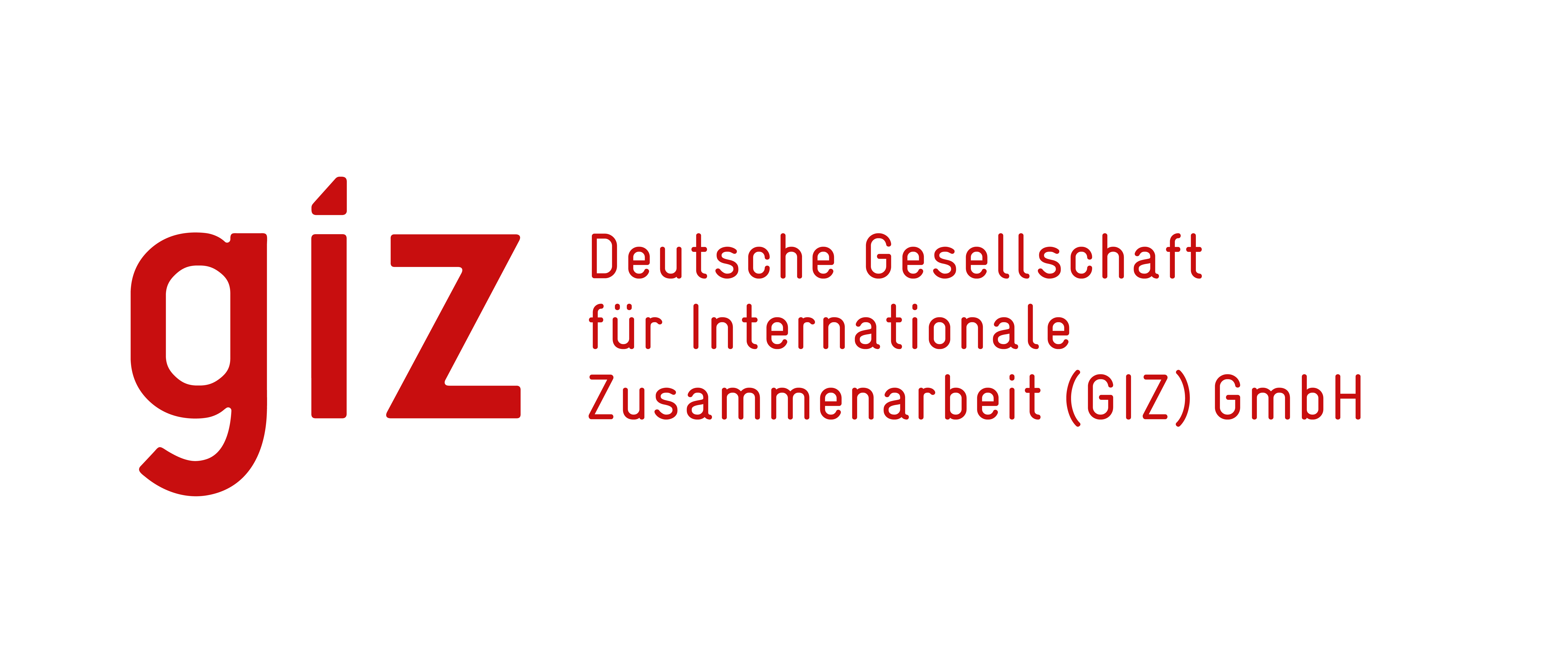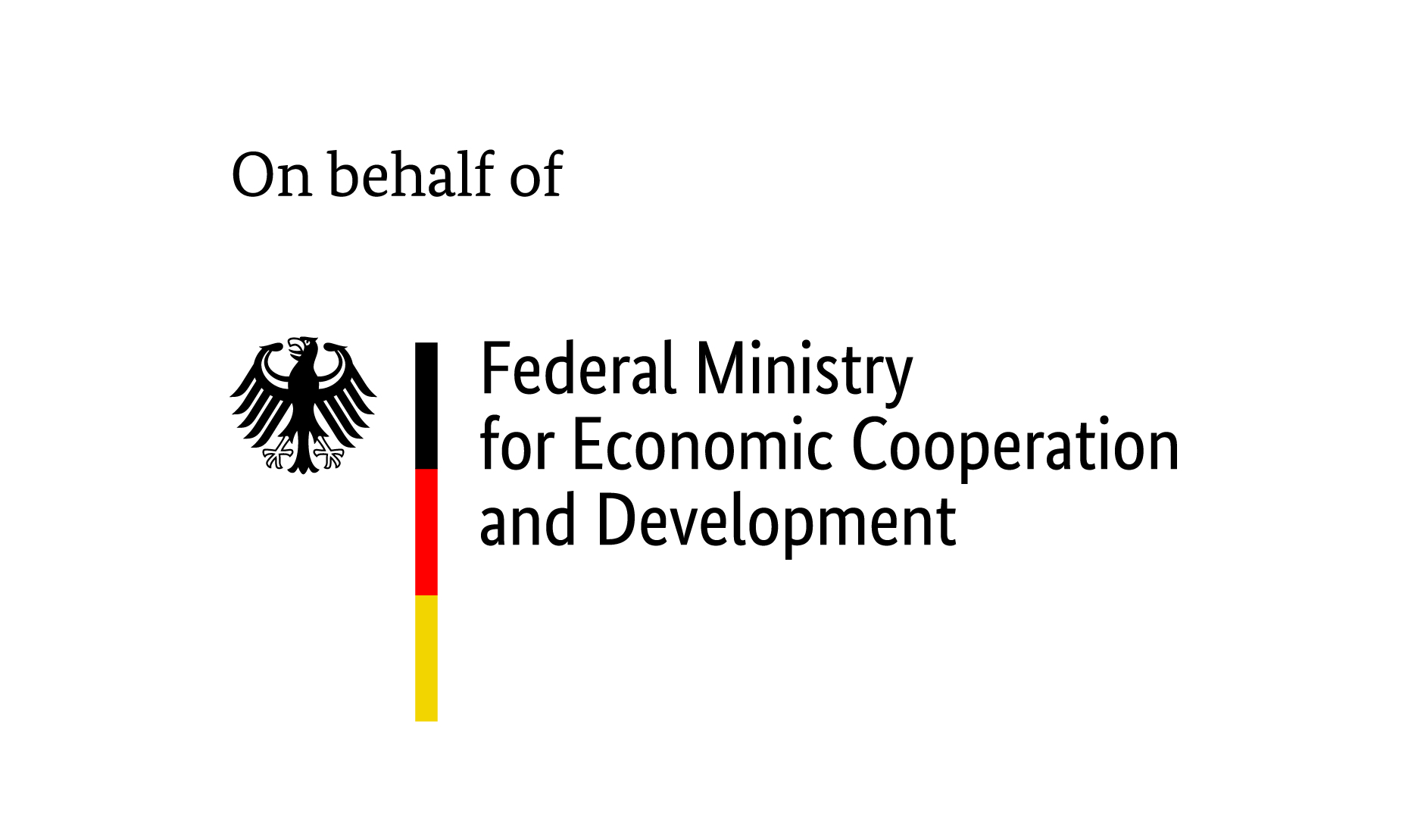
Offering coupons for free chlorine is an effective way to increase water treatment and prevent waterborne diseases
Read “Expanding Access to Clean Water for the Rural Poor: Experimental Evidence from Malawi” by Pascaline Dupas, Basimenye Nhlema, Zachary Wagner, Aaron Wolf and Emily Wroe here.
Almost 2 billion people do not have access to clean water, putting them at increased risk of disease. Children in rural areas of low-income countries are one of the most vulnerable groups, with almost a quarter of child deaths occurring due to waterborne diseases like diarrhoea, cholera, and typhoid. One of the safest ways to ensure the prevention of these diseases is by adding chlorine to water to eliminate bacteria, but uptake in low-income regions is still low. In this VoxDevTalk, Pascaline Dupas discusses her work with Basimenye Nhlema, Zachary Wagner, Aaron Wolf and Emily Wroe in which they use an 18-month randomised trial in Malawi to estimate the impacts of a programme providing coupons for free water treatment solutions (diluted chlorine) to households with young children.
This method is found to be more impactful and cost-effective than asking community health workers (CHWs) to distribute free chlorine, which only 40% of households use either because they think that it makes water taste bad or they have a protected water source. For households which choose to use the free coupons, distribution through the healthcare system comes with pros including the standardisation of procedures, but also the risk of reduced coverage among houses that are further away from healthcare centres. Finding a balance between minimising wastage of resources through distribution and reducing barriers to access is challenging but necessary to improve the uptake of chlorine-treated water.







